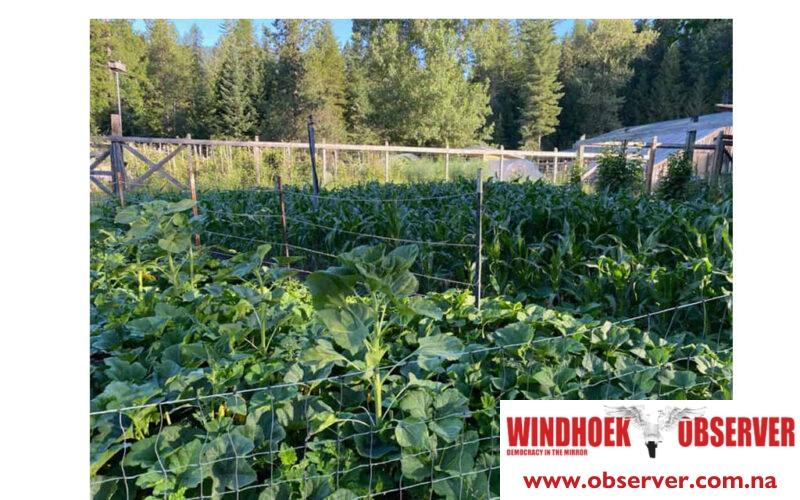Niël Terblanché
The United Nations World Food Programme (WFP), in collaboration with the Capricorn Foundation and the University of Namibia (UNAM), recently conducted transformative training for farmers in value addition in the Hardap Region.
According to a joint statement issued by the three institutions, this hands-on training towards enhancing food security and sustainable agriculture in Namibia was presented in Stampriet, Schlip, Bernafay, and Maltahöhe and it equipped 45 participants with vital skills in food preservation and processing.
The training aimed to empower smallholder farmers – primarily youth and women from local farmsteads – by teaching them how to convert locally grown produce, such as carrots, tomatoes, and beetroot, into market-ready products like carrot juice, beetroot juice, pickled beetroot, vacuum-packed sliced carrots, and tomato paste.
The initiative’s focus on value addition, according to Tiwonge Machiwenyika, WFP country director and officer in charge, aims to reduce post-harvest loss and food waste while also enabling farmers to diversify and increase their incomes, thereby creating more sustainable livelihoods.
“Growing food for everyday consumption is a necessity, but we need to look beyond the everyday way. Value addition is essential to ensure that the production of food not only enables consumption but also enables farmers to create sustainable livelihoods from the food they produce,” Machiwenyika said.
Under the theme of “Promoting Nutrition-Sensitive and Sustainable Food Processing through Value Addition to Reduce Post-Harvest Loss and Food Waste,” the training equipped participants with solar dryers and agricultural inputs to enhance their on-farm productivity.
“These tools are expected to enhance the sustainable application of the new skills, helping to secure a steady supply of nutritious food while reducing waste,” Machiwenyika added.
Marlize Horn, Executive Officer of the Capricorn Foundation, stressed the importance of this initiative in addressing food loss, waste, and malnutrition in Namibia.
“Food loss and waste, as well as inadequate access to food resulting in malnutrition, remain a great concern in Namibia. These are challenges that the Capricorn Foundation aims to address alongside like-minded organisations,” she said.
Horn added that the Capricorn Foundation, acting as connectors of positive change, is proud of its partnership with the World Food Programme.
Professor Kenneth Matengu, Vice Chancellor at UNAM, said that the initiative is part of a broader effort by WFP and UNAM that has, in 2023 alone, reached over 600 smallholder farmers from the Zambezi, Oshana, and Oshikoto regions with similar training in value addition and food preservation.
GS1 Namibia also provided training to the participants on crucial aspects of food safety, market access, and product commercialization strategies, such as branding, barcoding, and market research.
“At the University of Namibia, we are deeply committed to empowering our communities with practical skills that foster food security, self-reliance, and drive social progress. This training exemplifies the kind of impact and value we can offer our communities when academic knowledge is paired with strategic partnerships,” he said.
According to Matengu, the collaborative effort is a demonstration of the WFP’s ongoing commitment to improving food systems value chains in Namibia, contributing to better lives, enhanced livelihoods, skills development, and national food security.




